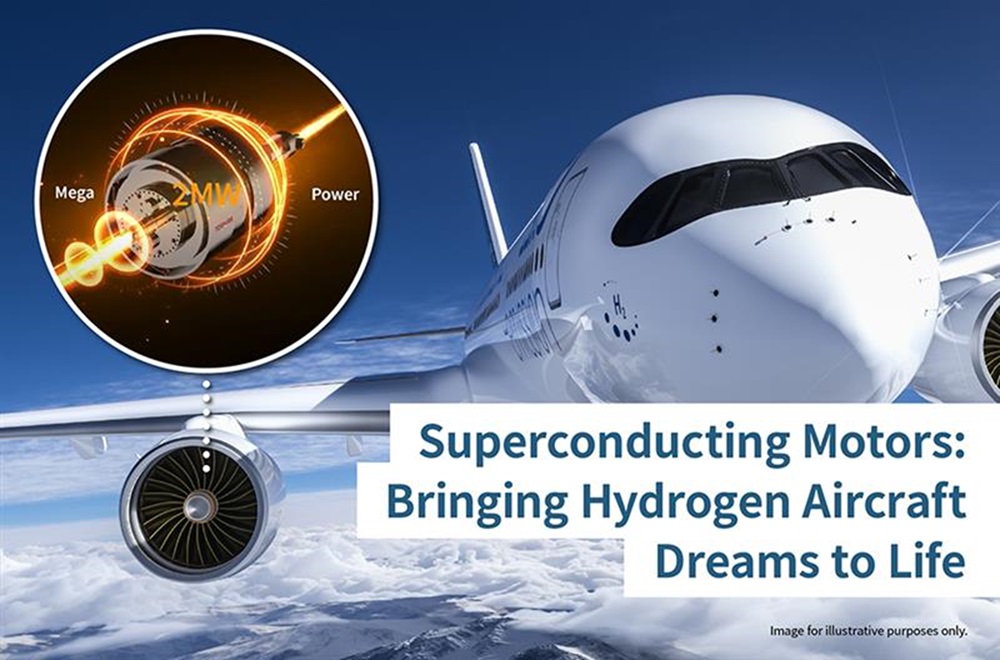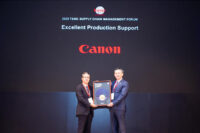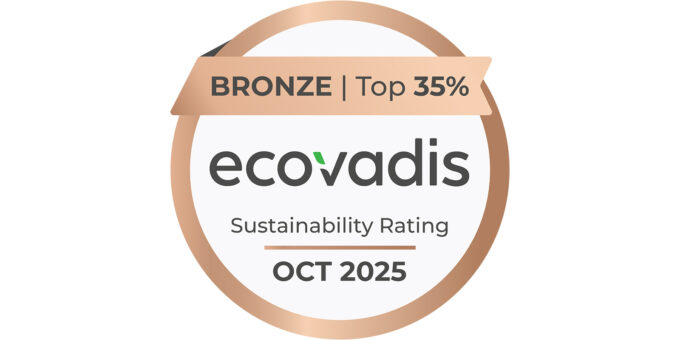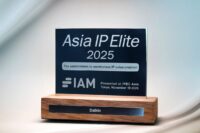Toshiba has partnered with Airbus to advance research on superconducting motor technology for hydrogen-powered aircraft. The collaboration aims to support the aviation industry’s goal of achieving net-zero carbon emissions by 2050. Toshiba’s superconducting motor, developed in 2022, is one-tenth the size and weight of conventional 2-megawatt motors while maintaining high power output.
This technology is particularly suited for hydrogen aircraft, which require lightweight and efficient propulsion systems. The superconducting motor operates at extremely low temperatures, a condition that aligns well with hydrogen fuel storage at -253°C. By using liquid hydrogen both as fuel and as a coolant, the motor achieves greater energy efficiency and stability in flight.
The partnership builds on Toshiba’s five decades of superconductivity research and Airbus’s commitment to developing zero-emission aircraft. Beyond aviation, Toshiba sees potential for this technology in ships and space systems. While challenges such as hydrogen storage and infrastructure remain, both companies view this as a step toward practical hydrogen-powered flight and broader carbon neutrality.















Leave a comment